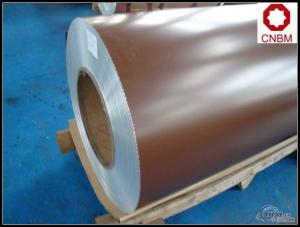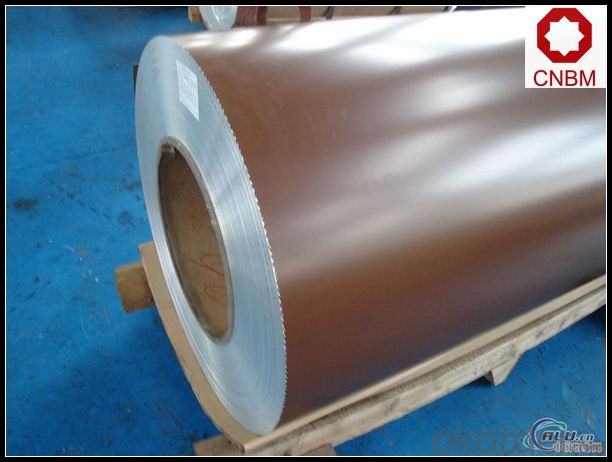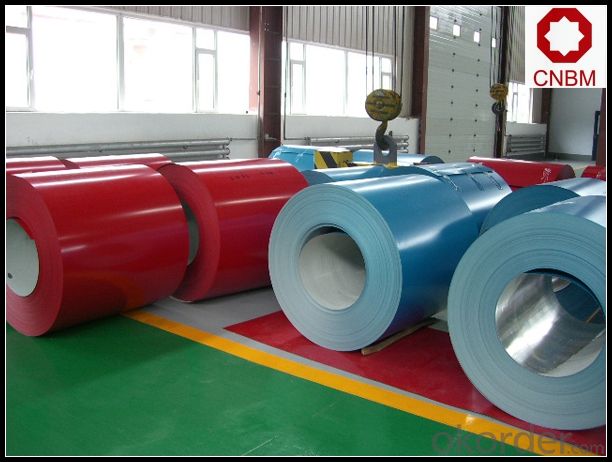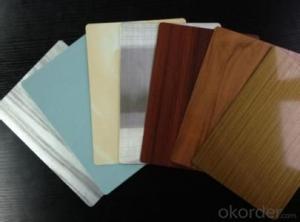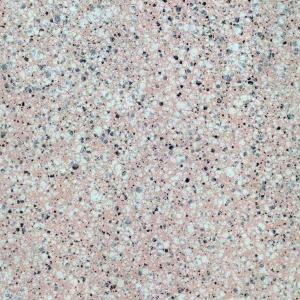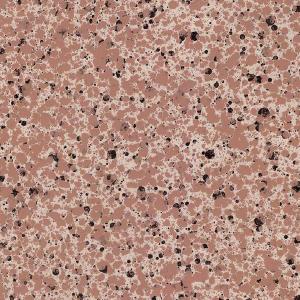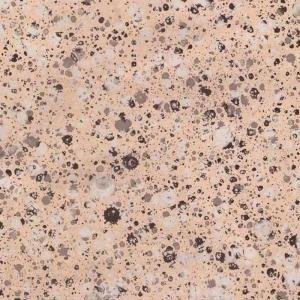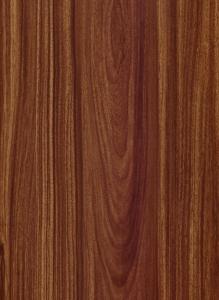96 Inch Marble Finish Wood Surface Stone Vein Aluminum Coil
- Loading Port:
- Shanghai
- Payment Terms:
- TT OR LC
- Min Order Qty:
- 5 m.t.
- Supply Capability:
- 10000 m.t./month
OKorder Service Pledge
OKorder Financial Service
You Might Also Like
Specification
1. Specification of Marble Finish Wood Surface Stone Vein Aluminum Coil
Thickness | 0.1mm-10mm |
Popular Thickness | 0.1mm/0.2mm/0.25mm/0.3mm/0.6mm/0.8mm/1.0mm/1.2mm/1.5mm/2.0mm/3.0mm... |
Width | 20mm-2500mm |
inner diameter | 505mm 508mm 605mm |
Material | 1050,1060,1070,1100,1200,3003,3004,3005,5052,5005,5754,5083 |
Temper | O,H12,H14,H16,H18,H22,H24,H26,H32,H34,H36,H38,H111,H112 |
Surface | mill finish |
Packing | Export standard wooden pallets |
Payment Terms | 100% irrevocable L/C at sight or 30% T/T in advance as deposit,70% balance against the B/L copy |
Minimum Order Quantity | 5000kg |
Delivery time | 15-25 days after receiving L/C or deposit |
Remark | Specific requirement of alloy grade, temper or specification can be discussed at your request |
2. Application of Marble Finish Wood Surface Stone Vein Aluminum Coil
(1).Interior: wall cladding, ceilings, bathrooms, kitchens and balconies, shutters, doors...
(2).Exterior: wall cladding, facades, roofing, canopies, tunnels,column covers , renovations...
(3).Advertisement: display platforms, signboards, fascia, shop fronts...
3. Feature of Marble Finish Wood Surface Stone Vein Aluminum Coil
*Such coil is specially designed to replace aluminum ingot, due to the high export tax of aluminum ingot, the coil has better price than ingot.
*This type of coil can fit customer's remelting furnace just like ingot, no need to make any change to the production line that was previously used for ingot. The standard coil size and weight is very suitable for the feed gate of furnace.
*This type of coil causes less material wastage than ingot when remelted.
*Our coil is made directly from ore, no need to go though the ingot making process, quality is much better than other suppliers who use ingot scrap to make coil.
Be free from Oil Stain, Dent, Inclusion, Scratches, Stain, Oxide Dicoloration, Breaks, Corrosion, Roll Marks, Dirt Streaks and other defect which will interfere with use
4. Certificate:
SGS and ROHS(if client request, paid by client), MTC(plant provided), Certificate of Origin(FORM A, FORM E, CO), Bureau Veritas and SGS (if client request, paid by client), CIQS certificate
5. Image of Marble Finish Wood Surface Stone Vein Aluminum Coil
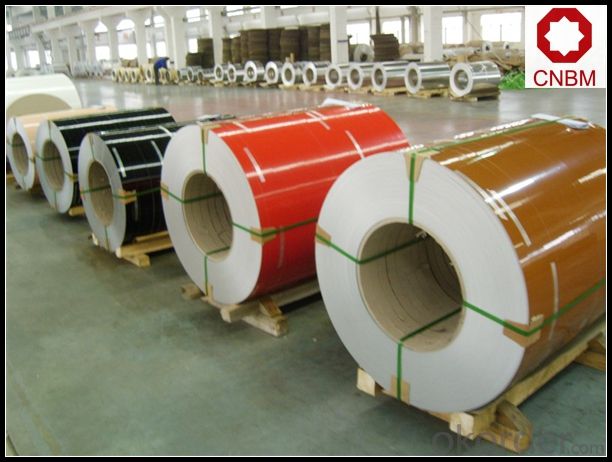
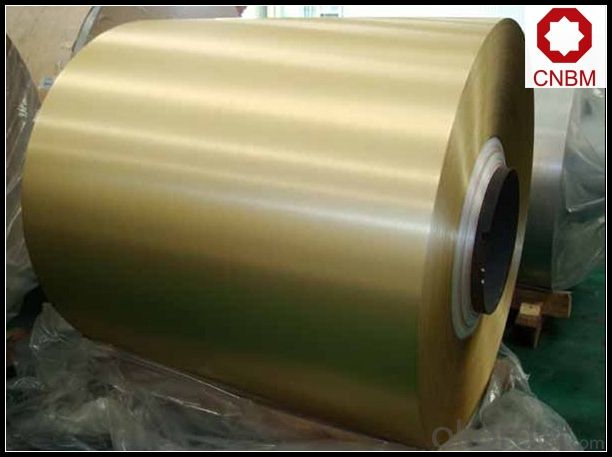
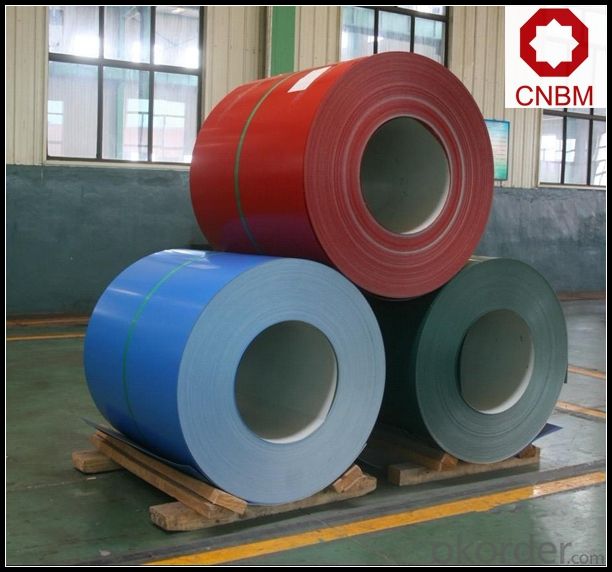
6. Package and shipping of Marble Finish Wood Surface Stone Vein Aluminum Coil
eye to wall
eye to the wall
with wood pallet (wooded case also available)
7. FAQ
1) What is the delivery time?
Dpends on actual order, around 20 to 35 days
2)What is the QC system:
We have QC staff of 20 persons and advanced equipment, each production is with MTC traced from Aluminum ingot lot.
3) What market do you mainly sell to?
Australia, America, Asia, Middle East, Western Europe, Africa etc
- Q: Is it possible to use a soldering iron to solder a copper coil in place of an aluminum coil?
- <p>Yes, you can use a soldering iron to solder a copper coil instead of an aluminum coil. Copper has a higher melting point than aluminum, so you may need to use a soldering iron with a higher temperature setting or a higher melting point solder. Ensure that the solder you use is compatible with copper, as some solders are specifically designed for aluminum. When soldering copper, it's also important to clean the surface thoroughly to remove any oxidation, as this can affect the solder joint's quality.</p>
- Q: This question asks for methods to determine whether an aluminum coil is new or old.
- <p>To determine if an aluminum coil is new or old, you can look for several signs: 1. Surface appearance: New coils typically have a clean, smooth surface without scratches or discoloration. 2. Packaging: New coils are usually well-packaged and protected. 3. Manufacturing date: Check for any labels or markings that indicate the manufacturing date. 4. Quality of the material: New coils should have consistent thickness and no signs of corrosion or wear. 5. Performance: New coils should perform as expected without any issues. If you're still unsure, consider consulting with a professional or the supplier for more information.</p>
- Q: What is the maximum temperature aluminum coils can withstand?
- The maximum temperature that aluminum coils can withstand is influenced by several factors, which include the particular alloy of aluminum and the intended application of the coils. In general, aluminum has a melting point of approximately 660 degrees Celsius (1220 degrees Fahrenheit). Nevertheless, when it comes to aluminum coils employed in diverse industries like HVAC systems and electrical appliances, they are typically engineered to function within a temperature range of -30 to 150 degrees Celsius (-22 to 302 degrees Fahrenheit). These temperature boundaries guarantee that the aluminum coils maintain their structural integrity and avoid any notable degradation or harm. To ascertain the maximum temperature tolerance of the specific aluminum coils in question, it is crucial to refer to the manufacturer's specifications or guidelines.
- Q: Are aluminum coils suitable for interior decorative applications?
- Yes, aluminum coils are suitable for interior decorative applications. They are lightweight, durable, and can be easily shaped and colored to match various design requirements. Additionally, aluminum coils offer resistance to corrosion, making them suitable for long-term use in interior spaces.
- Q: My school has lunched catered in daily because it cuts down on staff in the kitchen. The food is delivered in individual aluminum containers for each student. In doing so, the school uses 99,000 aluminum trays in one school year, all of which get thrown away. I'm trying to find an alternative such as biodegradable food containers. Does anyone have any ideas? The container has to be able to withstand the heat of an oven.
- Why not keep using the aluminum? It's 100 percent recyclable! That's even better than having something in a landfull bio-degrading over 10 years!
- Q: How much is aluminum-plastic panel with the 0.155mm thick aluminum per ton?
- The price is around 17000 yuan per ton, but you need to take the surface effect into account
- Q: Can aluminum coils be welded or soldered?
- Yes, aluminum coils can be welded or soldered. Welding and soldering are two common methods used to join aluminum coils together. Welding involves melting the aluminum material in the coils and fusing them together using heat and pressure. This process requires specialized equipment and skilled operators. On the other hand, soldering is a process that uses a lower melting point filler material, called solder, to join the aluminum coils. Soldering is typically used for lighter applications and requires less heat than welding. Both welding and soldering can effectively join aluminum coils, but the choice between the two methods depends on the specific requirements of the project, the equipment available, and the expertise of the operator.
- Q: I need to write as many interesting facts as i can about aluminum for a thing for school, any help?
- indexed here are some exciting generally non exciting info related to the factor Al, its is a metalloid, a comparatively severe density, malleable, that is drawn into twine, stable conductors of electric energy, can mirror warmth and gentle-weight, remains a stable room temperature (25 levels celsius), does not comfortably combine with different metalloids yet combines with non metals. exciting fact a steel and a non steel have the applications to create a salt. Al. guard homes of the two steel and non-steel homes. such homes of non metals are comfortable and fragile, low melthing factors, combine with metals,undesirable conductors for warmth and electrical energy, have little luster and have low melting factors.
- Q: Can aluminum coils be used in the production of aluminum sunshades?
- Yes, aluminum coils can be used in the production of aluminum sunshades.
- Q: What are the typical lead times for aluminum coil orders?
- The typical lead times for aluminum coil orders can vary depending on several factors. Generally, lead times for standard aluminum coil orders range from a few weeks to a few months. These lead times are influenced by factors such as the size and complexity of the order, the availability of raw materials, the production capacity of the supplier, and any specific customization requirements. It is important to note that lead times may be longer for larger or more specialized orders, especially if they require additional processing or finishing. Additionally, external factors such as transportation and logistics can also impact lead times. It is always recommended to communicate with the supplier directly to get an accurate estimate of the lead time for a specific aluminum coil order.
Send your message to us
96 Inch Marble Finish Wood Surface Stone Vein Aluminum Coil
- Loading Port:
- Shanghai
- Payment Terms:
- TT OR LC
- Min Order Qty:
- 5 m.t.
- Supply Capability:
- 10000 m.t./month
OKorder Service Pledge
OKorder Financial Service
Similar products
Hot products
Hot Searches
Related keywords
